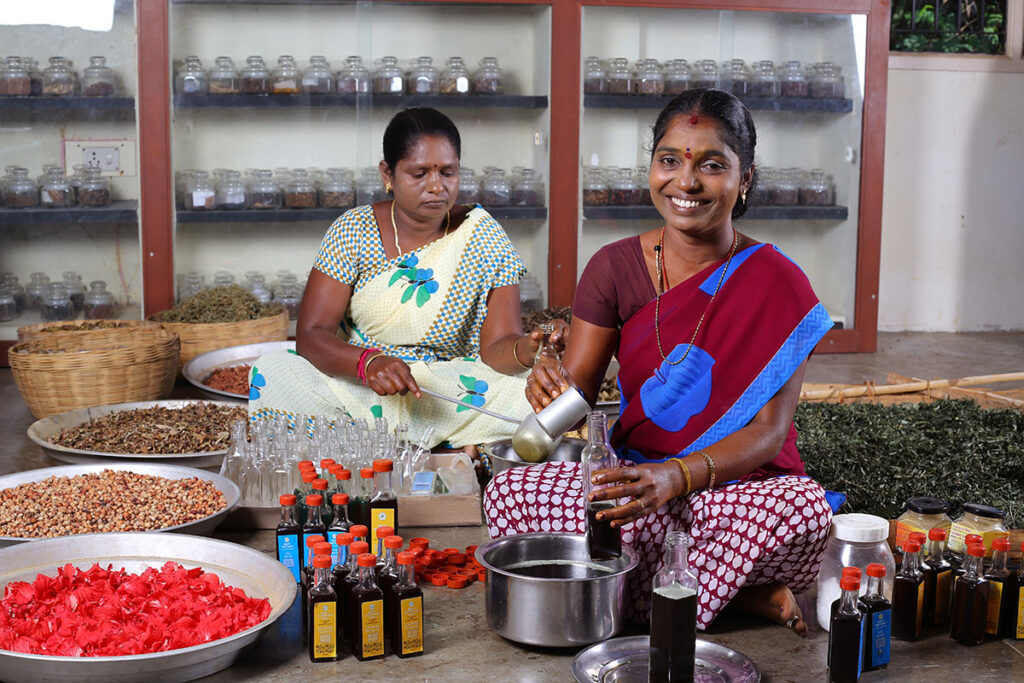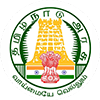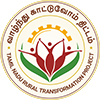Producer Group - Success Stories
Re-learning an Old Profession with New Techniques
Company: Tumbalpatti Producer Group
Panchayat: Tumbalpatti (Atimalaipatti Village)
Block: Panamarathupatti
District: Salem
Background of producer group
In our village, 60 of us (all women) were mobilized and supported by the Project, and we started a Producer Group in 2022. We opened a bank account with our group’s savings. Jyoti, one of the members of this group says, “We have been farming with our limited knowledge, in our area. To overcome the difficulties in our business, our group of producers were trained to produce quality cassava through Community Farm School (CFS) of VKP scheme, based on which we are producing quality cassava. Also, as hill people, we were guided through the program to develop proper agriculture and to take up complementary activities for our farm such as azola cultivation, vermicomposting, producing organic fertilizers such as jeevamirtham, panchakavyam, fish amino acid production, and bee keeping through SPARKs trainers.

Funding for CFS Training
To remove the sterility caused by synthetic fertilizers to the agricultural land, we were taught to produce and use natural fertilizers to preserve the life of the land. We learned to do organic farming by doing quality testing and producing and using natural fertilizers. We tested the water quality and provided the solution accordingly. For this, CFS training cost of Rs. 64,000 was given to us from the Project and we took this training weekly for 16 weeks and it was very beneficial for us.
VKP’s Start-up Fund for Expansion
After 3 months of our team’s operation, we collected Rs. 75,000 as a start-up fund, out of which we used Rs.50,000 to construct a shed for azola farming, to buy 4 boxes for beekeeping and buy raw materials for the production of other natural fertilizers.

More growth in less time
Though ours is a prosperous village, there is shortage of fodder for livestock during droughts. We cultivate azola to eliminate that shortage and provide sufficient nutritious fodder. For its cultivation we bought two green net padudas, left 10 cm of water in it, added borewell soil and field soil and mixed it well with water, after that sprinkled the seeds, after 3 days azolla sprouts and has good foliage – azola can grow up to 100 kg in 10 days. We provide azola as fodder for goats, cows and chickens. Azola is high in protein content which helps the cattle grow healthy and apart from giving to our cows, we also sell it to others. Azola yields 100 kg of output for each kg of seed and we are selling each kilo for Rs. 30.
Changes brought about by VKP
Villagers in our village, who used to practice agriculture with difficulty, have joined producer groups under the guidance of the VKP. We are practicing green technologies, producing organic fertilizers, achieving higher productivity in agriculture and higher profits in animal husbandry, protecting farmland through natural inputs and achieving sustainable prosperity.
Group Increased Milk Production, Value-Added Products with VKP Support
Name of PG: Satumakai Milk Producers Group
Panchayat: Chatumugai
Block: Sathyamangalam
District: Erode
Group’s background
Our group name is Satumugai Milk Producers Group, 30 women are members of our group. Before forming this group some of us were doing agriculture and some were doing agricultural wage work.
The officers of the Vazhndhu Kattuvom project met us and suggested that we could benefit by starting a producer group, organized as a women’s group. Based on that, we met with the Professional Community Professionals (ECPs) at Sathyamangalam District Planning Office. The team explained to us that 30 to 150 members can join together to form a producer group. As per their guidance, we formed Sadumugai Milk Producers Group with 30 of our women farmers. After that, each member paid the membership fee of Rs.100, subscription fee of Rs. 100 and we opened a current account with Indian Overseas Bank with the collected amount of Rs.6000.

Project start-up funding and machinery
After 3 months of monitoring our group’s banking practices, we received a start-up fund from VKP of Rs. 75,000. With that fund we have purchased 2 Chaff Cutter machines to chop corn stalks to feed our farm cows.
Low cost fodder and milk production
In the past, fodder crops were fed directly to cattle, which resulted in high wastage of fodder and required a large area of arable land to grow fodder. Now we are growing them in planned quantities which properly chopped by machines and fed to the cows. This reduces time, feed production cost and milk production cost. We also sell the fodder to other farms for our use. Through our group we are producing and selling milk as well as manufacturing and selling value added dairy products like Yogurt, Paneer etc.

Vermicompost production
Apart from this we are using the waste from our landfills for vermicomposting. The vermicompost produced from it at low cost is being used in our farm gardens. We also sell the vermicompost we make to other farmers. In future, we plan to pack our vermicompost in packets and sell it in the market under the brand name of our group (Satumugai).
CFS For Organic Cultivation
Name of PG: Vivasaya Urpathiyalar Kuzhu
Panchayat: Nagaiyakottai
Block: Vedasandur
District: Dindigul
Background
We are 20 members cultivating onions and we joined to form a producer group – VivasayaUrpathiyarKuzhu. We have always cultivated using chemicals and although production increased, productivity declined over time. Through VKP, we heard and participated in Community Farm School for onion cultivation for 16 weeks. Among the 20, six members were practicing the learnings in their own plots during the training.

CFS For Organic Cultivation
Through this community farm school, we moved to natural farming methods and using crop boosters such as panchakavyyam, fish amino acid, jeevamrutham etc. We also learnt how to use biofertilizers such as azospirillum, rhizobacteria, psuedomonas etc. With these learnings, we are now taking a precautious approach to prevent the common onion diseases caused by onion twister (thirugalnoi), purple blotch (manjavannapoochi) etc. By using natural pesticides, we need to spray only twice i.e. 20 days after sowing and 15 days before harvesting, compared to four times earlier.

Outcome and Future Plan
The paradigm shift to natural farming reduced our expenses by 30 %.We are able to harvest the crop in 70 days compared to 80-85 days. Now we are able to get a higher yield – for eg. in half acre our yield has gone from 1.5 tonnes to 2 tonnes, but labour cost has shot up, so our profit has remained stagnant. We learnt that we need to continuously practice organic farming to get the similar type of yield. This will help to maintain soil fertility and increase yield in the long run also.

